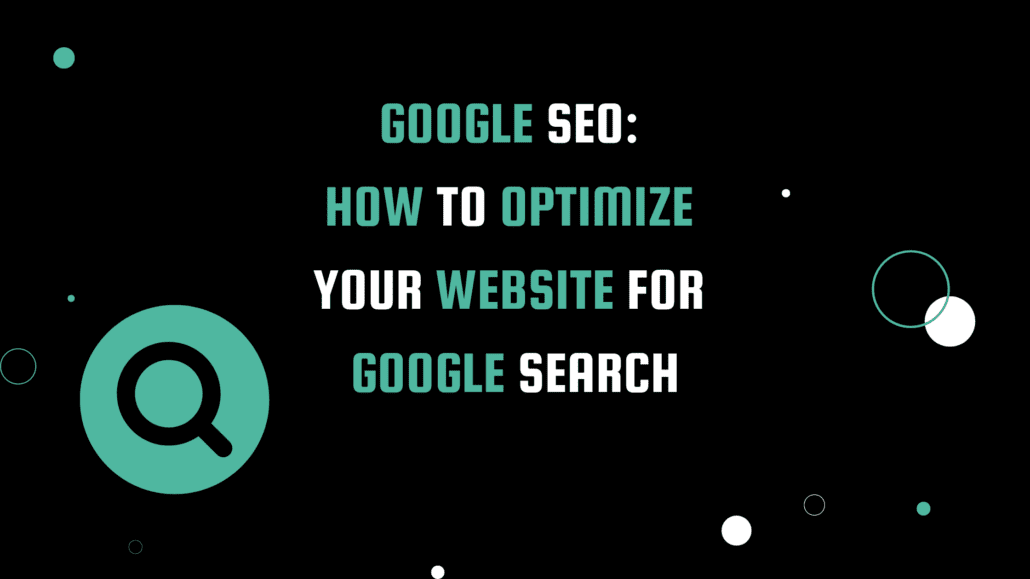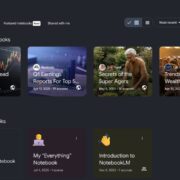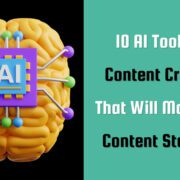Google SEO: How to Optimize Your Website for Google Search

Hey, homies! Today, I’m excited to share my beginner’s guide on how to improve your website’s Google SEO. In this guide, we’ll explore the essentials of Google SEO and provide actionable steps to help you optimize your website for better search rankings.
What is Google SEO?
Google SEO refers to the process of optimizing your website to rank higher in Google’s search engine results pages (SERPs). It involves implementing various strategies to make your website more appealing to Google’s algorithms, which in turn can lead to increased visibility and organic traffic.
Step 1: Perform Keyword Research
To improve your website’s Google SEO, start by conducting thorough keyword research. Identify popular, low-competition keywords with high search volume that are relevant to your niche. Use keyword research tools like Google Keyword Planner, Moz Keyword Explorer, or Ahrefs Keywords Explorer to find the best keywords for your content.
Step 2: Optimize Your On-Page Elements
Next, optimize your on-page elements to make your website more accessible to search engines. This includes proper keyword usage, meta tags, URL structure, header tags, and image alt text. Additionally, ensure that your website is mobile-friendly and has a fast page load speed.
Step 3: Create High-Quality Content
Creating valuable content that answers users’ questions and provides solutions to their problems is essential for improving your Google SEO. Focus on user intent and make sure your content is informative, well-structured, and easy to read.
Step 4: Build a Strong Backlink Profile
Off-page optimization, such as building a strong backlink profile, is crucial for your website’s authority and visibility. Obtain high-quality backlinks from reputable websites within your niche through guest posting, link outreach, and content promotion.
Step 5: Implement Technical SEO
Optimizing your website’s technical aspects is also important for Google SEO. Ensure that your website has a proper sitemap, robots.txt file, and structured data markup. Additionally, fix any crawl errors and broken links to improve your website’s overall performance.
Step 6: Monitor Your Progress
Finally, monitor your website’s progress using SEO tools like Google Analytics and Google Search Console. These tools provide valuable insights into your website’s performance, allowing you to make data-driven decisions and adjustments to your SEO strategy.
Does Google have an SEO tool?
Yes, Google provides several SEO tools that can help you optimize your website for better search rankings. Some of the most popular tools include Google Analytics, Google Search Console, and Google’s Mobile-Friendly Test.
Can I learn SEO on my own?
Absolutely! With dedication and the right resources, you can learn SEO on your own. There are numerous online courses, tutorials, and articles available to help you understand the basics and develop your SEO skills.
How long does it take to learn SEO?
The time it takes to learn SEO varies depending on your background and the depth of your understanding. However, learning the basics can take a few weeks to a couple of months, while mastering advanced techniques may take several months to a year or more.
What skills are needed for SEO?
Some essential skills for SEO include keyword research, on-page optimization, link building, technical SEO, content creation, and analytics. Strong analytical and problem-solving skills, as well as a basic understanding of HTML, CSS, and JavaScript, can also be beneficial.
How can I learn SEO for free?
There are numerous free resources available to learn SEO, including blogs, tutorials, and online courses. Some popular options include the Google SEO Starter Guide, Moz’s Beginner’s Guide to SEO, and the Ahrefs Blog.
What are the 3 core must-haves of SEO?
- High-quality, relevant content: Create valuable content that answers users’ questions and provides solutions to their problems.
- On-page optimization: Implement proper keyword usage, meta tags, URL structure, and other on-page elements to make your website more accessible to search engines.
- Off-page optimization: Build a strong backlink profile and focus on social signals to improve your website’s authority and visibility.
What is the golden rule of SEO?
The golden rule of SEO is to prioritize user experience. Google’s algorithms are designed to reward websites that provide valuable, high-quality content and a positive user experience. Focusing on your audience’s needs will help improve your search rankings and drive organic traffic.
What are SEO tactics?
SEO tactics are the strategies and techniques used to optimize a website for search engines. They include keyword research, on-page optimization, off-page optimization, technical SEO, content marketing, and more.
How do I find the best keywords for Google SEO?
To find the best keywords for SEO, start by brainstorming a list of relevant topics and terms related to your niche. Then, use keyword research tools like Google Keyword Planner, Moz Keyword Explorer, or Ahrefs Keywords Explorer to identify popular, low-competition keywords with high search volume. Additionally, analyze your competitors’ websites to find keyword opportunities they may have missed.
Conclusion
Improving your website’s Google SEO is essential for driving organic traffic and increasing visibility. By following the steps outlined in this beginner’s guide and addressing the key questions, you can optimize your website for search engines and provide a better experience for your users. Remember, the key to successful SEO is focusing on user intent, creating high-quality content, and staying up-to-date with the latest algorithm updates and best practices. Now, go ahead and start improving your website’s Google SEO!
You’ve got this!










Leave a Reply
Want to join the discussion?Feel free to contribute!